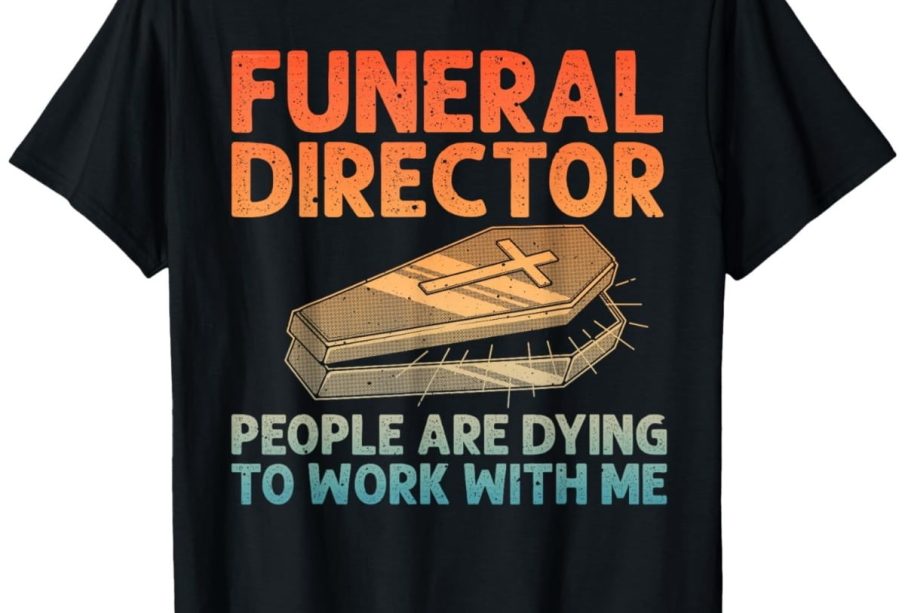Understanding the Role of a Funeral Director

The Role and Importance of Funeral Directors
Funeral directors play a crucial role in society, especially during times of grief and loss. They provide essential services that help bereaved families navigate through the difficult process of saying goodbye to their loved ones. Understanding the multifaceted role of funeral directors is significant, not only for those seeking their services but also for raising awareness about their importance in the grieving process.
What Does a Funeral Director Do?
Funeral directors, also known as morticians or undertakers, are licensed professionals responsible for overseeing all aspects of a funeral. Their duties include preparing the deceased for burial or cremation, coordinating logistics of the funeral service, and providing support to grieving families. This can also involve tasks such as obtaining death certificates, filing necessary documents, and offering guidance on legal and financial aspects related to the death.
Recent Trends in Funeral Services
In recent years, various trends have emerged in the funeral service sector. Many funeral directors are adapting their services to meet the changing needs of families. For example, there has been a growing demand for eco-friendly burial options, such as biodegradable caskets and tree planting memorials. Additionally, the rise of online memorial services has allowed families to connect with loved ones across distances, reflecting a cultural shift towards more personalized and accessible funeral experiences.
Challenges Facing Funeral Directors
The profession is not without its challenges. Funerals can be expensive, and many families struggle to afford the necessary services. This has prompted some funeral directors to offer more transparent pricing structures to help families make informed decisions. Furthermore, the COVID-19 pandemic posed significant operational challenges for funeral homes, limiting the number of attendees at services and necessitating the rapid implementation of virtual funeral services.
Conclusion and Looking Ahead
The role of a funeral director remains paramount in providing compassion and care during one of life’s most challenging moments. As society progresses, funeral directors are likely to continue evolving their practices to meet diverse needs while also addressing the challenges of modern funerals. Awareness and understanding of the services provided by funeral directors can empower families to make informed choices, ensuring that they honour their loved ones in a way that is personal and meaningful.








